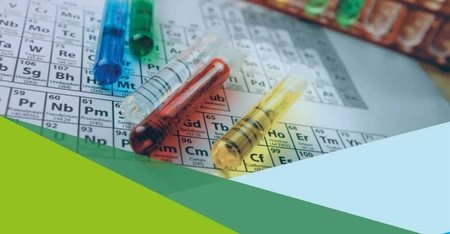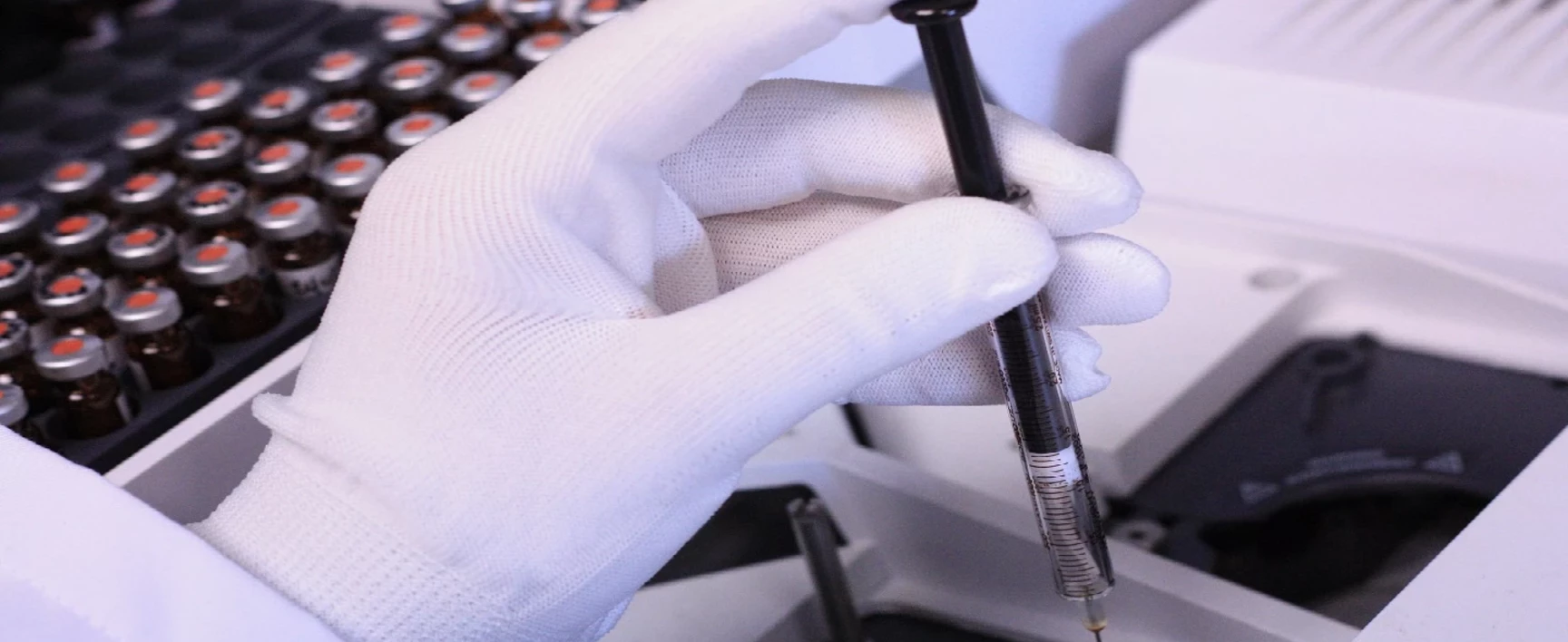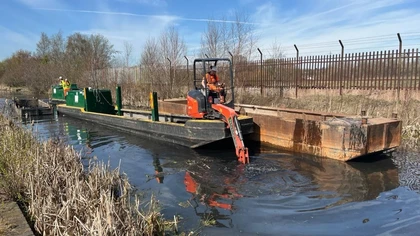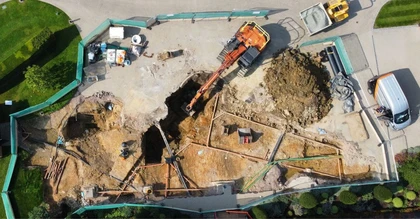With decades of experience in chemical analysis, SOCOTEC is perfectly placed to provide support to fire investigators, helping them to determine the accidental or deliberate cause of a fire.
When the cause of a fire needs investigation, analysis of exhibits recovered from fire scenes for the presence of accelerants can be essential. Our sophisticated analytical techniques detect the trace levels of accelerants left behind in the aftermath of a fire.
Our chain of custody processes track the sample from the site of the fire to the SOCOTEC facility, through the laboratory analysis process to the final report. On arrival, all samples are logged into our secure facility and the chain of custody checked to ensure sample integrity. SOCOTEC also supplies the specialist collection kits required to preserve the evidence.
SOCOTEC provides services to a broad range of clients including insurance companies, loss adjusters and forensic fire investigators.
Matrices
We routinely analyse samples from a range of matrices including:
- Solids
- Waters
- Liquid accelerants/fuels
For the more volatile accelerants, analysis is carried out by heating the samples in nylon bags and analysing the vapours by Gas Chromatography Mass Spectometry (GC/MS). Comparisons of the resulting volatile signature are made to commercially available fuels, and our forensic scientists are experienced at examining pyrolysis products from articles which can give false positives. Comparisons can also be made with control accelerants recovered from the scene.
Common accelerants
These include:
- Petrol
- Paraffin
- White spirit
- Lighter fluid
- Turpentine
- Methylated spirit
Less volatile source of fuels such as lubricating oils, vegetable or animal fats along with the heavier fractions of diesel can be examined by solvent extraction along with GC/MS and Fourier Transform Infrared Spectroscopy (FTIR) analysis.
Want to find out more about SOCOTEC's Environmental Science services?
You might also be interested in:
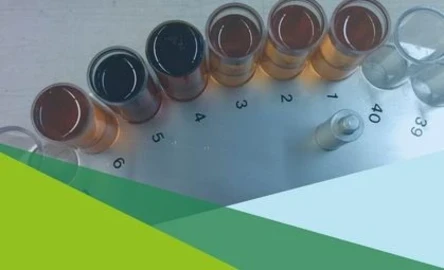
Decoding Transformer Performance with Oil Testing
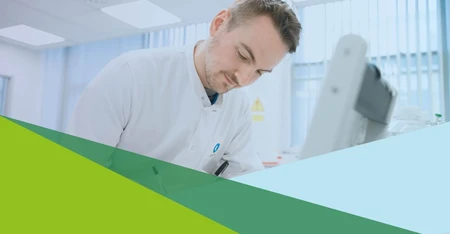
Inside PFAS: Sampling, Science & The Future
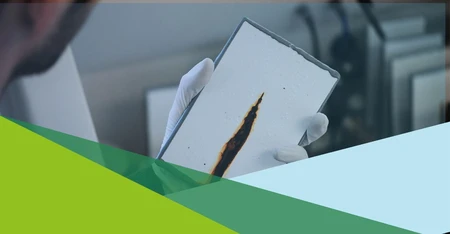
Paints and Coatings - Start to finish
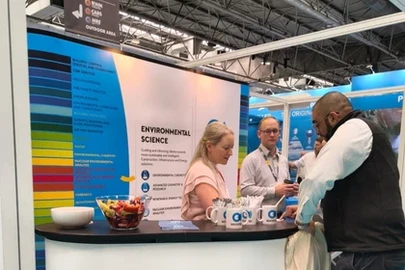
SOCOTEC UK and Ireland Makes Strong Impact at ESS Expo 2025
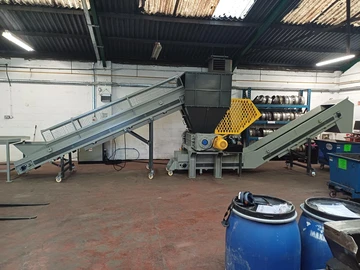
SOCOTEC UK & Ireland Enhances Testing Capabilities with New Primary Shredder at Burton Facility

Street Works Protocol: Everything You Need to Know Before the Deadline
